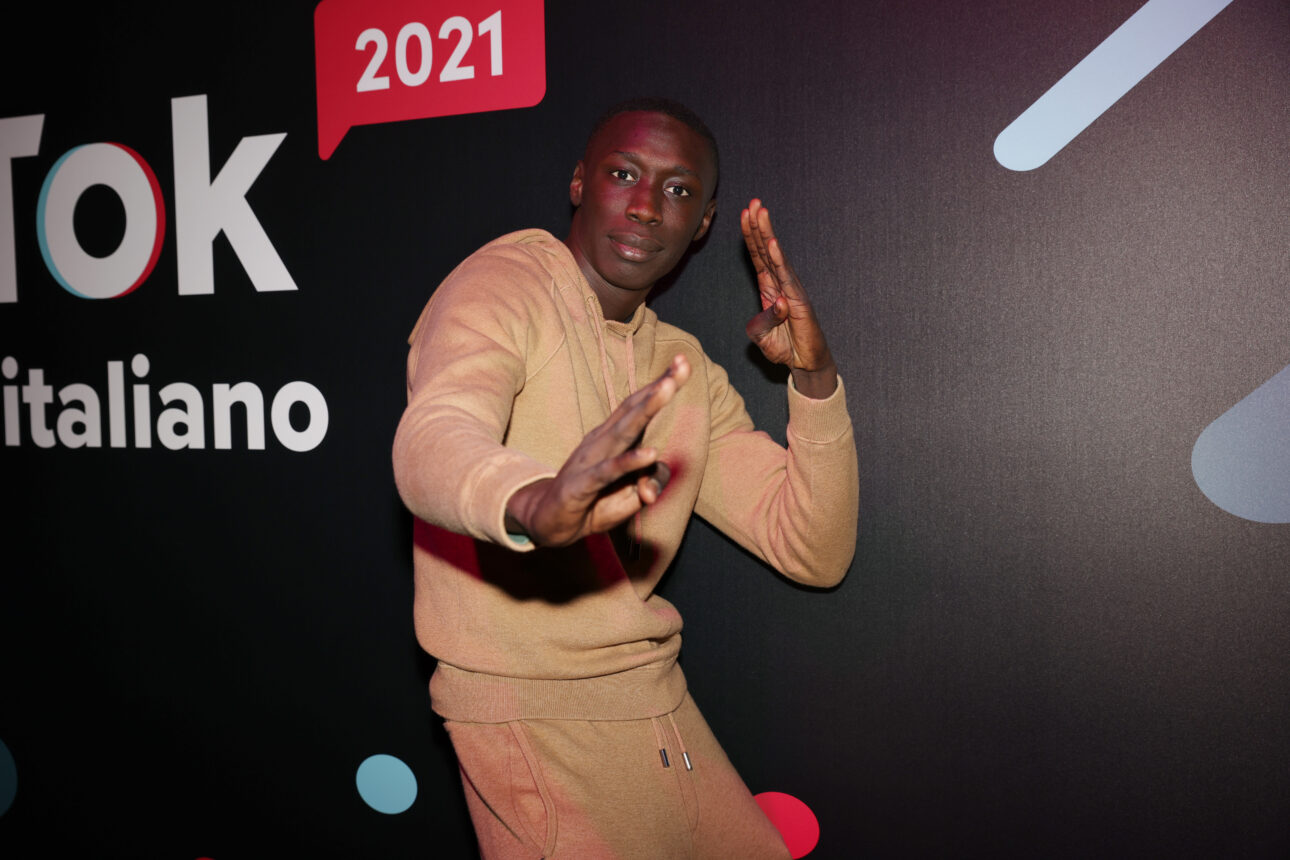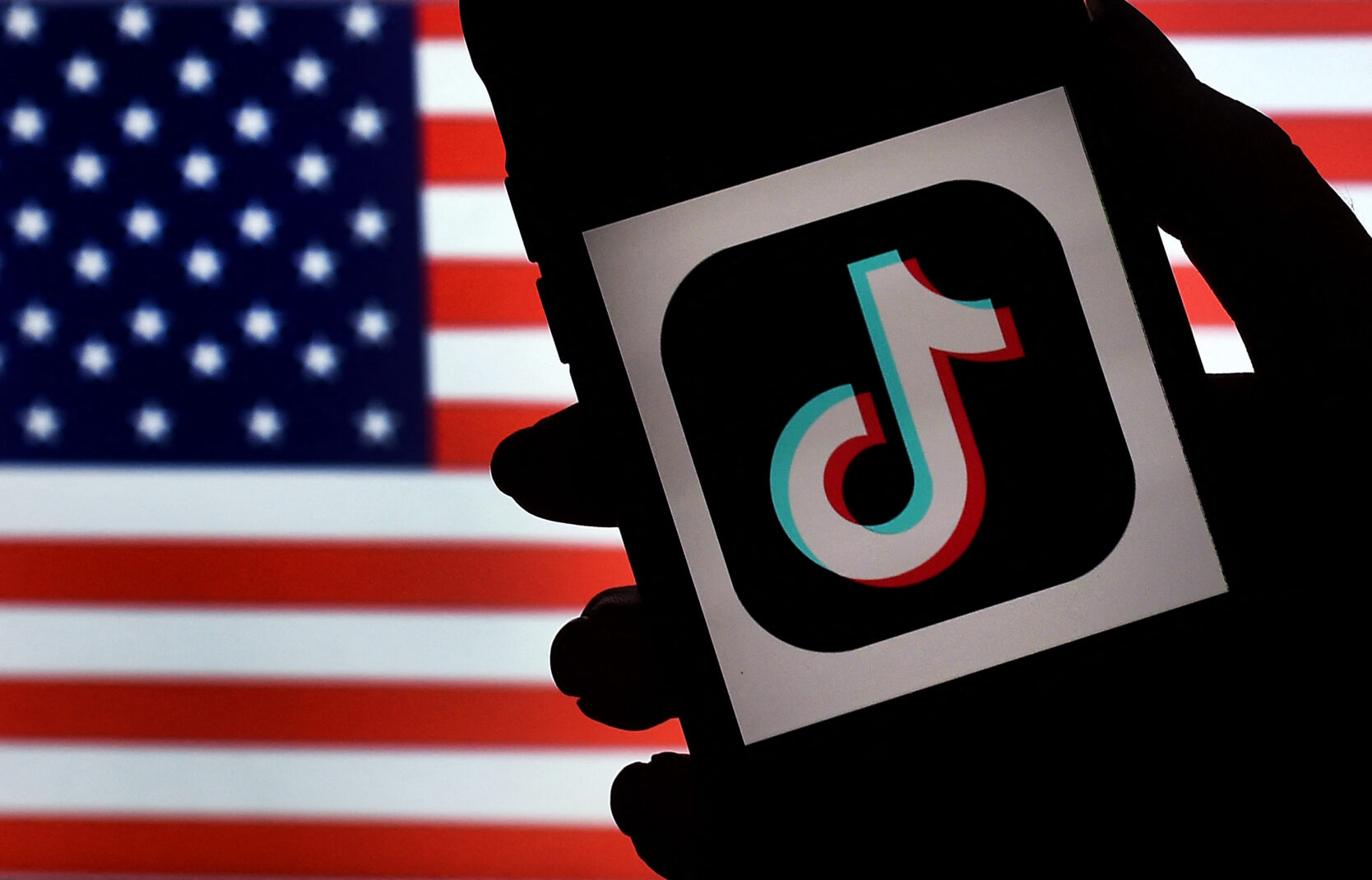Don’t be surprised if, someday soon, TikTok isn’t there anymore. Governments all over the world have banned or restricted it, and the U.S. government wants to.
Some of this is complicated, but most is about politicians expressing fake grave concern about a supposed threat to the U.S. and its children, and won’t someone think of the children?
TikTok is already banned in other countries, such as India and Pakistan, with heavily religious Pakistan citing “immoral/indecent content.” The state of Montana has already passed a law to ban it. TikTok critics point to the same problems they point to in other social networks, but the real problem is that ByteDance, the company that owns TikTok, is a Chinese company and the assumption is that TikTok must take orders from, including surrendering data to, the Chinese government.
Hostility to TikTok for this and other reasons is bipartisan and a popular position.
There’s something to it, but not as much as they claim.
But whether it’s a national security threat or not, is TikTok a threat to you? The worst case for you personally is that the Chinese Communist Party gets private data on you, the same kind that Instagram, Twitter, and other American companies have. If you don’t care about that, TikTok is nothing to fear. Maybe you should fear it more than you think; details below.
The case against TikTok

There are three broad claims that critics of TikTok make. The first, they say, is that TikTok has all manner of problem content on it, and they don’t take it down fast enough. The classic recent example is the NyQuil Chicken Challenge.
This is probably as true of other social networks. People have live-streamed murders on Facebook. And suicides. TikTok has as much interest in blocking this content as American companies, but blocking it is harder than you might think.
Second, China, critics say and TikTok denies, can suppress unfavorable information on TikTok and use it to propagandize. Maybe they do this at times, but not always. I had no trouble finding content about Uyghur prison camps or the 1989 Tiananmen Square protests and massacre. In fact, they showed up in typeahead, so they’re probably popular.
Why would a tyrannical government allow such searches? They wouldn’t, but TikTok is not available in China. ByteDance has a similar Chinese service called Douyin, which operates under Chinese law and does not show these things to users (or so I’m told; SPIN did not approve my request for first-class travel to China to test it).
There are many stories of such content being blocked by TikTok, such as this recent one. See here where TikTok apologizes and unbans the account. Once again, this is the way it works with social networks owned by Americans. This has happened many times on Twitter and Facebook, whose blocking policies and procedures are as mysterious as TikTok’s. And we know that Twitter (at least under the old, pre-Elon Musk regime) blocked content and users for political reasons at the request of the U.S. government.
There have also been several scandals about TikTok itself (see: ByteDance confirmed it used TikTok to monitor journalists’ physical location, as first reported by Forbes in October, for example). I’m still not convinced that they’re worse in this than other networks.
The government-collaboration claims raise the problem of freedom of speech. There’s at least a good argument that banning TikTok would violate the free speech rights of users, and the company itself has free speech rights. The counterargument would be that users wouldn’t be silenced for their speech; they’d just have to make that speech somewhere other than TikTok.
Is it really a good idea to ban the whole thing because a few complete idiots cook food in cold medicine? Stupid people gonna stupid. MTV’s Jackass didn’t need the Internet or the Chinese government to show people how to run into the exhaust of a jet engine or skateboard blindfolded.
Third, and this one is unique to TikTok: Like all the American social networks, TikTok collects a lot of information about you. The difference, as Klon Kitchen, a Senior Fellow at the American Enterprise Institute, puts it, is that “with TikTok your data could be available to a hostile foreign government.” Does that matter to you?
Kitchen and many others say that the threat to any one individual may be small, but with data on 150 million TikTok users, plus a lot of data from other sources, the Chinese government leverage will inevitably have compromising information on a lot of Americans.
Let’s play this out: Maybe you have a security clearance. Maybe you have access to your employer’s secrets. Maybe if you don’t leak that information to a mysterious stranger, the wrong people could find out some dark secret from your TikTok past. This is how the threat plays out.
I think it’s actually the best argument for suspicion of TikTok — but I’m still unpersuaded.
It’s worth pointing out that TikTok vigorously denies all these things, and there’s one big reason to believe them, even if you think the worst of the Chinese government. With a successful TikTok, ByteDance and the Chinese government haul in a lot of dollars. If keeping the money spigot open means they have to follow U.S. law, they’d be stupid to risk it.

Mikko Hypponen, a global security expert from Finland, adds a different perspective: “More than half of all Internet users come from Asia. Europe is the second-largest area, with around 15 percent of users. Africa and Latin America each account for 10 percent, while only 6 percent of users come from the United States.”
Americans like to think of the Internet as being “ours,” and everyone else as a guest. As a European, Hypponen knows that “most technology platforms and applications come from far away, and their authors have little interest in our wishes, culture, or rules.”
He’s not naïve about the threats described by Kitchen and others, but less concerned. “Chinese companies are trying to make money by driving user engagement and by profiling user behavior – much like non-Chinese apps. Sure, I’d rather use apps made in a country not run by the Chinese Communist Party if I have a choice. But it’s not because I believe China would be trying to spy on or brainwash me.”
In a hearing in March, the House Energy and Commerce Committee grilled TikTok CEO Shou Chew for hours, rarely letting him answer the questions. No committee member of either party expressed any sympathy for TikTok. If you want to watch the hearing on YouTube, go ahead, but I’ll warn you that it was hour after hour of boring demagoguery and cheap shots. You will come out of it dumber than when you started.
It’s hard to take the politicians in this hearing seriously, but it’s hard to take politicians seriously as a general rule.
I contacted several members of Congress through official channels, asking (politely) for comment on this article. But, apparently, the politicians attacking TikTok from the safety of their official parapet are — how do I put this? — full of shit. Because they don’t have the courage to step outside of the hermetic environment they control and argue their side with someone who is going to ask them to justify their claims.
SPIN must be more frightening than the Chinese government! Who knew?
Senator Brian Schatz (D-HI) introduced the “Protecting Kids on Social Media Act,” the heart of which requires “social media platforms” to verify the age of users. It doesn’t define how they are to do this, just that they “take reasonable steps beyond merely requiring attestation.” It also orders the government to create a system for people to do this, but the absence of such a system doesn’t eliminate the requirement for age verification. Personally, I don’t see how it could be done in a way that anyone would find acceptable. In other words, the bill is a phony that exists only to show how much Schatz “cares.” But he doesn’t, it seems, care enough to discuss this with media that isn’t supplicant.
Congresswoman Cathy McMorris Rodgers (R-WA) called TikTok “a serious threat to our national and personal security” and lamented the company’s opposition to freedom, human rights, and innovation. She didn’t specifically justify that characterization (and wouldn’t talk to us).

In the Shou Chew hearing, Congressman Bill Johnson (R-OH), who headed an IT company and calls himself an IT professional, made a number of technical claims, such as “TikTok’s source code is riddled with backdoors and CCP censorship devices.” I’ll say it out loud: He made this up. There’s no evidence for it, and nobody else claimed anything like it. And he certainly wasn’t interested in being challenged by us on these ridiculous assertions.
Congresswoman Mikie Sherrill (D-NJ), my own representative, demonstrates the bipartisan and cross-ideological nature of TikTok scaremongering in Congress by arguing that Chew’s testimony “raise[d] significant questions about the CCP’s involvement in manipulating Americans” and concluding that the company “poses a major threat to our national security.” Neither of which she’s prepared to debate. She just says those things but cannot, it is clear, back them up.
In the TikTok hearing, Congressman John Sarbanes (D-MD) leaned in on the “what about the children?” concerns. He acknowledged that these are as much an issue with TikTok’s American competitors by also blaming “Big Tech.” In fairness, at least he doesn’t make TikTok out to be somehow more of a problem than Meta or Snap.
Senator Rand Paul (R-KY) is one of the few members of Congress to publicly oppose efforts to ban TikTok. In an op-ed in USA Today, Paul defended TikTok on free speech grounds and asked, reasonably enough, “If you’re going to ban TikTok, what’s next?”
I also called the staff of the House Select Committee on Strategic Competition between the United States and the Chinese Communist Party. No luck there either.
The way it works is that you call the member’s office and explain that you are doing a story and what it is on and, if they are interested in talking to you, a scheduler calls back to schedule a call with an appropriate staff member. If you’re lucky, you might even get the Senator or Congressman on the phone.
Nobody got back to me. Not even my House representative.
A few members have openly opposed the ban, including Jamaal Bowman (D-NY), who explains here on TikTok itself, and Alexandria Ocasio-Cortez (D-NY), also on TikTok.
I don’t usually take these two seriously either, but here they have a good case. It’s also worth pointing out that many candidates, mostly Democrats, have used TikTok in their recent campaigning.
Is privacy a lost cause?
Concerns about data tracking on the web are quite old. They definitely go back over 20 years. Some (like my 20-year-old daughter) say everyone knows that when you use these apps, the companies are going to suck up whatever data about you they can. So fucking what? What are they going to do with details on your TikTok viewing habits?
The answer depends on what data they collect. Mostly they can see where else you go on the Internet, maybe what you’ve shopped for, which is why you see ads for things you shopped for on one site when you’re on another. Some find this creepy, but it’s why these services are all free.
iPhones and Android phones give you the ability to limit what services an app can access. The most important of these is location services, whether the app can use GPS and other techniques to determine precisely where you are. If you let TikTok collect this information (it’s not required, and they don’t ask for it unless you try to use a feature that needs it, like location-tagging a video), then they and their parent company and their parent company’s government will have it.
If you’re at all concerned about privacy, do not allow TikTok this access, but note that Apple and Google Maps and Waze only make sense if you give them your location, so almost everyone shares it with someone.
Even without location services, any program can get your very rough location. Using your network address, they can determine the physical location where you connect to your Internet provider. So if you’re in New York City, they will get “New York” as your location. In my suburban New Jersey home, they get the location of another New York suburb about 15 miles away. They may be able to get your country from your SIM card. It’s all useless for the actual tracking of individuals.

But the most sophisticated actors may be able to get great location info just because the person they are tracking uses a cell phone. In 2019, The New York Times tracked Donald Trump’s precise location for a day by obtaining cell phone location information. They also tracked several junior government officials without naming them.
You can’t just buy this information; it came from “sources who asked to remain anonymous because they were not authorized to share it and could face severe penalties for doing so.” It could be the NSA, but more likely a mobile provider, which in the US means Verizon, AT&T, or T-Mobile (and I really doubt that Donald Trump is on T-Mobile).
Is data like this beyond the grasp of a sophisticated foreign intelligence agency? I’m not sure, but if they could get it, it sure beats all the useless crap they get from your TikTok account.
You vs. the Big Picture
People do risky things every day, like driving on highways and eating deep-fried food. The marginal risk for an individual from TikTok is laughably small in comparison.
I really do think the data privacy toothpaste is out of the tube, and we won’t be getting it back in. Nobody really wants the kind of Internet that would result. This means China will be able to get this data whether or not they control TikTok. How much data they can get is open to question, but TikTok itself doesn’t make a big difference.
Maybe if you think we should be opposing China wherever possible, stopping the money that ByteDance makes off TikTok is a worthy idea, but it’s a tiny fraction of US-China trade — $504.6 Billion in 2021. Things would have to get a whole lot worse before we could think of risking that.
Until then, TikTok is way down the list of problems we have with China.





